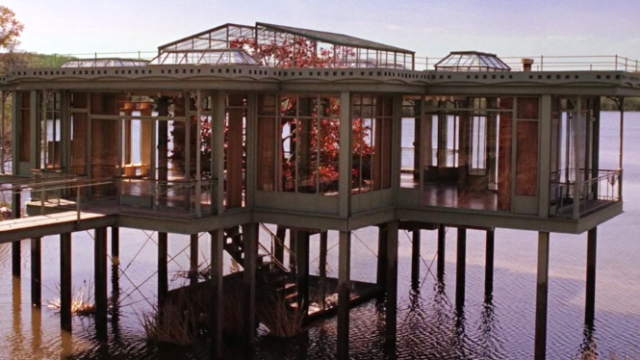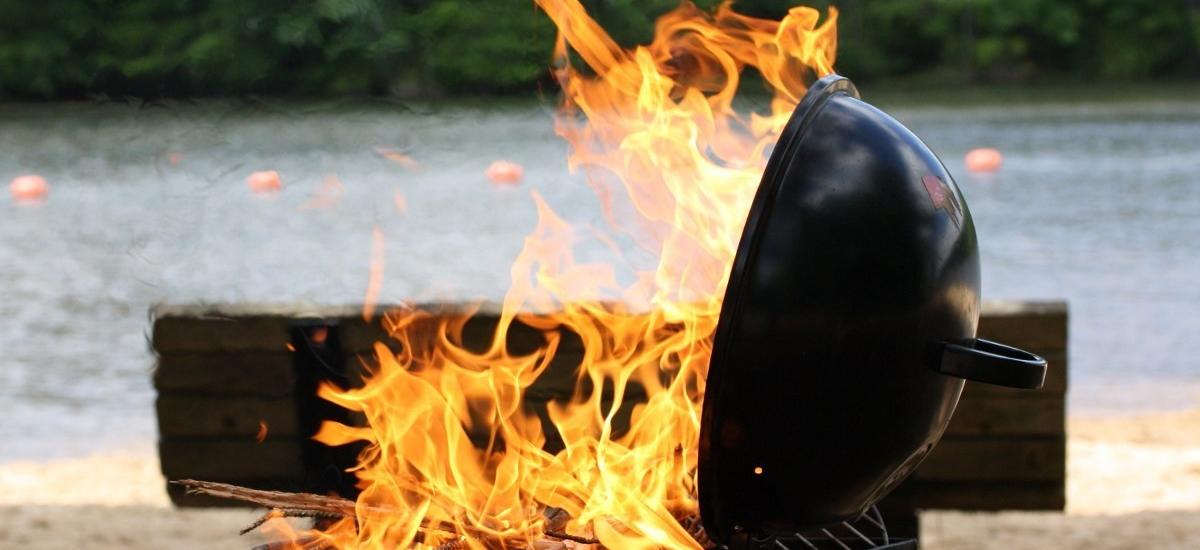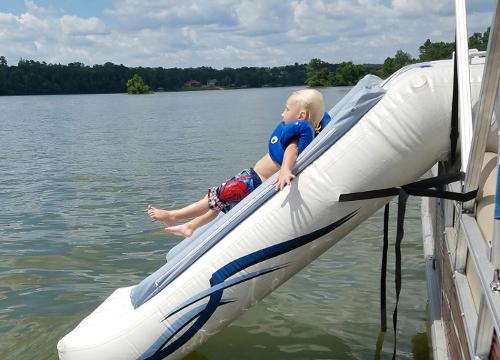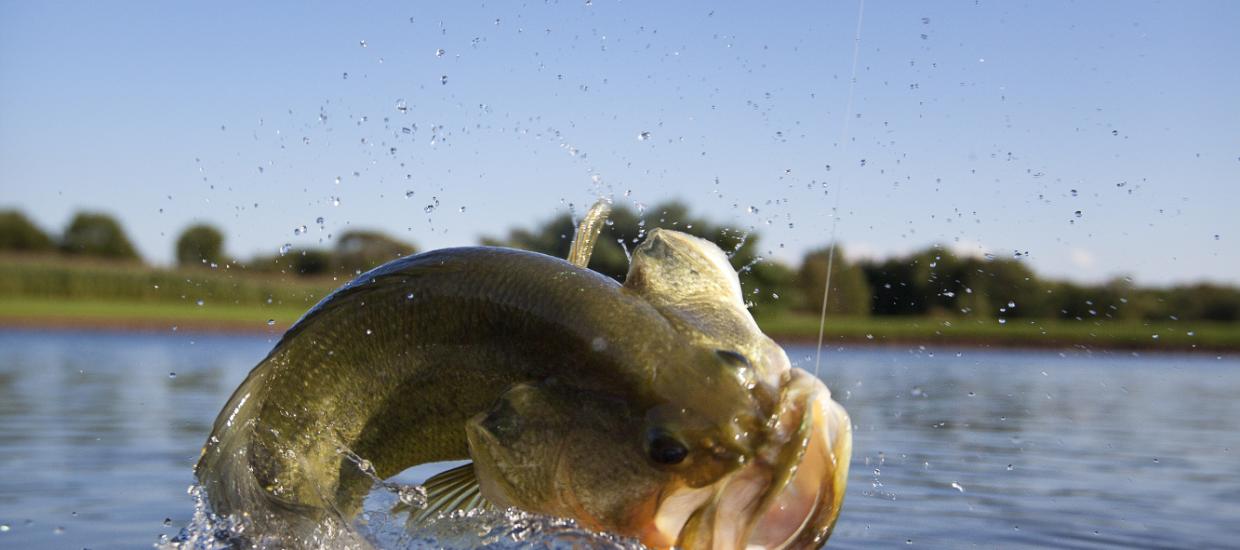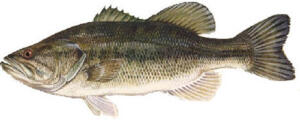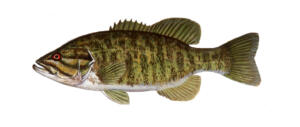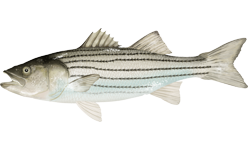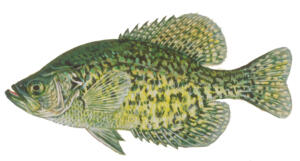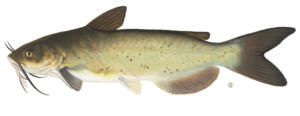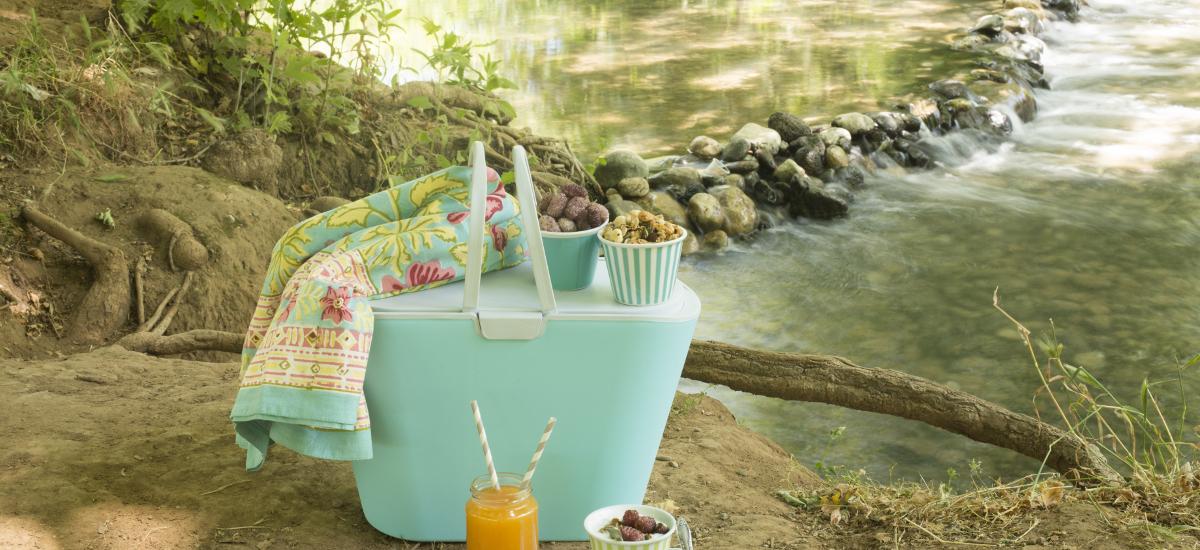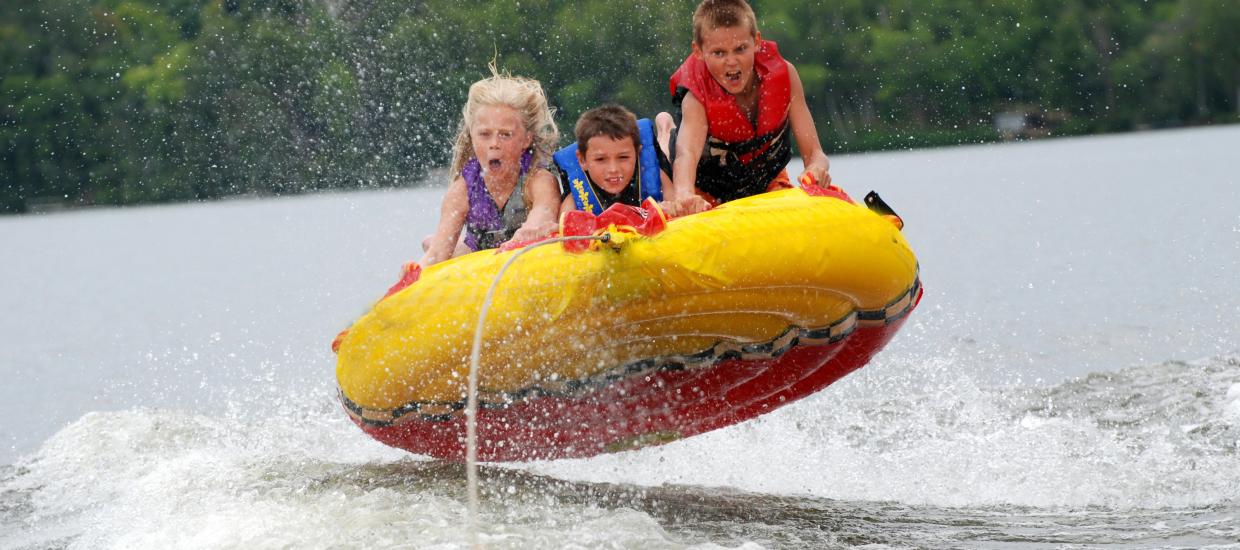When it comes to lakes in movies, most people automatically think of the horror genre.
That may be somewhat justified as there seems to be so many scary films that take place on the water, but there are also plenty of other movie lakes involving comedies, dramas, and romance.
That said, let’s start the list off with the most obvious (as related to LakeHomes.com) movie of them all:
The Lake House (2006)
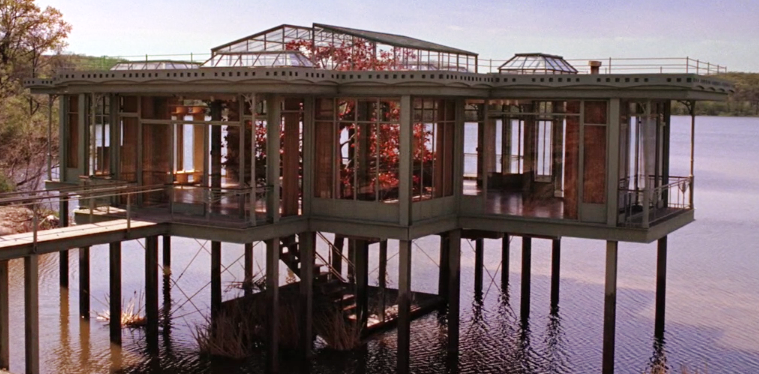
This 2006 romance starred Keanu Reeves and Sandra Bullock, but the real star of the movie was the lake home. The home was built specifically for the movie on Maple Lake, IL, just outside of Chicago.
It was actually constructed on the shoreline, then the ground underneath it was dug out allowing the lake to flood beneath the house for it’s over the water aesthetic.
Maple Lake is actually a forest preserve, and as such there are no homes on its shorelines. Because of this, after the filming of the movie had wrapped, the house was destroyed and the area cleaned up so that no trace of the structure remained.
Friday the 13th (1980)

The original horror movie, and one of the very first slasher flicks, was released in 1980 and takes place on the fictional Crystal Lake.
The lake scenes took place on Sand Pond, the lake retreat for the real-life Boy Scout Camp No-Be-Bo-Sco in New Jersey.
The camp is still in operation, and Sand Pond is still enjoyed by campers each summer!
What About Bob (1991)
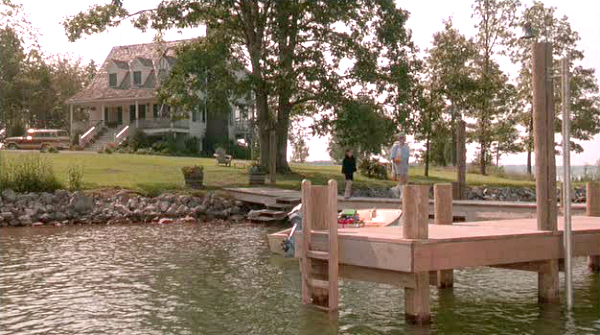
This 1991 comedy stars Bill Murray and Richard Dreyfuss in what is supposed to be a relaxing vacation getaway to Lake Winnipesaukee in New Hampshire.
While Lake Winnipesaukee is an actual lake in New Hampshire, the movie was actually filmed on Smith Mountain Lake in Virginia.
This was because the film was set during the summer months, but when filming began the leaves in New Hampshire had already begun to turn to their fall colors.
Grownups (2010)
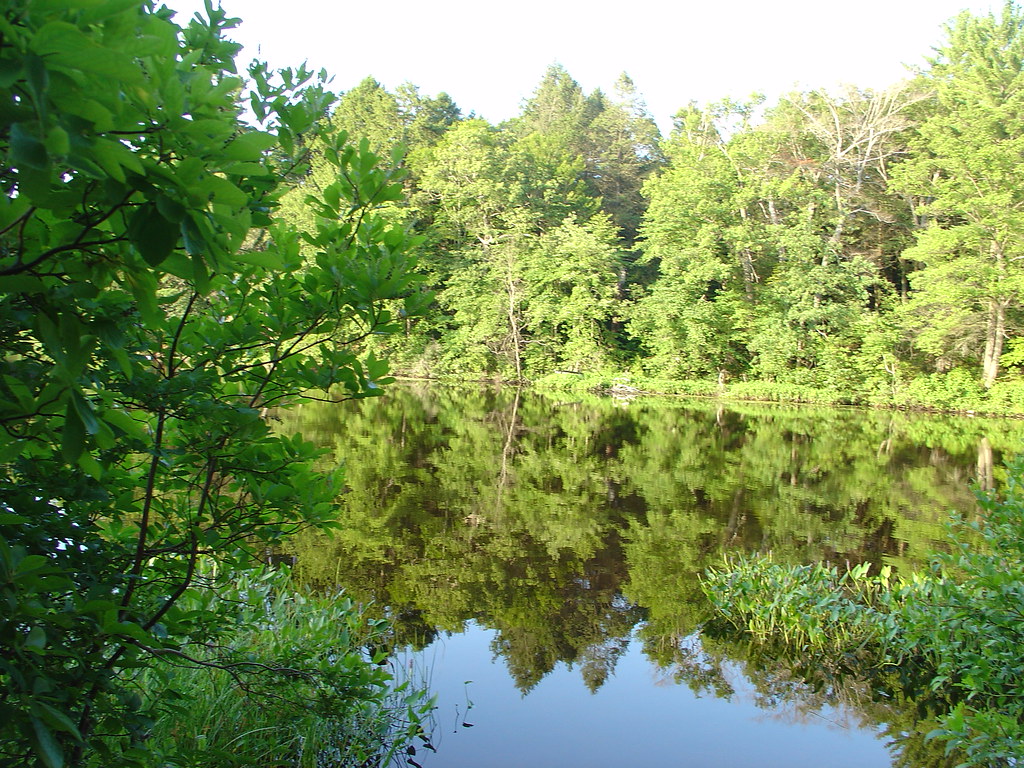
This 2010 buddy comedy starred basically the entire cast of Saturday Night Live from the early 90’s, headed up by Adam Sandler.
In it, a group of friends reunite in their hometown and rent out a lake cottage for the week.
Filming for this comedy took place on Chebacco Lake, a 209-acre reservoir that is considered a “Great Pond,” meaning that it is owned by the state of Massachusetts but is open to the public for recreational use.
While the movie was universally panned, I’m sure the cast didn’t mind spending a summer on this gorgeous New England lake!
For more Hollywood lakes, check out our second article, “Top 5 Movies Set on the Lake.”
Or are you dreaming of creating memories in your own lake home? Check out some properties here!

